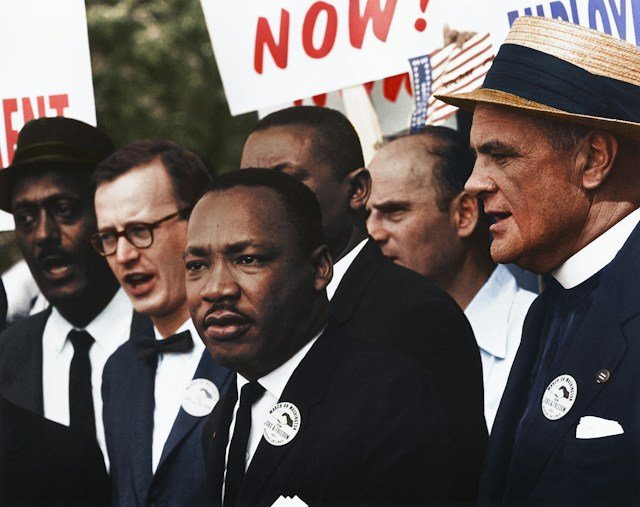The ability to say ‘no’ is an amazing skill in the fragile game of life, frequently overlooked in its capacity for improving our well-being.
This handbook is a guide to mastering the art of saying ‘no,’ highlighting its importance in prioritizing your happiness.
Understanding and using the strength of ‘no’ becomes an essential tool in developing a life that’s consistent with your actual desires in a culture that often demands our time and energy.
The Cultural Context of ‘No’
The word ‘no’ is often read through the lens of respect and respect in the Nigerian cultural setting. While politeness is a valued quality, it is also important to understand that saying ‘no’ is an act of self-respect and survival.
This guide advises using the power of ‘no’ as a declaration of your boundaries and priorities, rather than as a rejection of others.
Determining Personal Well-Being Boundaries
The setting of limits is important to commanding the strength of “no.” Saying ‘no’ encourages people to define their boundaries, minimizing burnout and promoting a healthy mental and emotional condition. Recognizing the necessity of setting boundaries becomes an empowering act of self-love in a society where continual busyness is often lauded.
The Prioritization Method
Putting first your personal joy requires a good knowledge of values.
This guide discusses the importance of discerning between duties that add value to your life and those that drain your energies without providing fulfillment.
You can create a life that speaks with authenticity and meaning by choosing activities and relationships that match personal satisfaction.
The Freedom of Self-Care
Self-care is an important but often overlooked part of well-being in the hustle and bustle of daily living. The ability to say ‘no’ also applies to commitments that take up valuable personal time.
This guide encourages you to accept the freedom of self-care, whether it’s spending time alone at home, engaging in a cherished pastime, or simply taking a break to recharge.
Overcoming the Fear of Letting Others Down
One major impediment to expressing ‘no’ is a fear of disappointing people. This concern is addressed in the handbook by refocusing the narrative on self-love. It emphasizes that putting one’s own pleasure first is not a rejection of others, but rather a commitment to live authentically. Individuals can traverse the tricky balance between pleasing others and keeping personal joy by knowing that their well-being is vital.
Creating a Meaningful Social Circle
The power of ‘no’ extends to social connections as well.
The manual teaches us to assess the dynamics of their social circles and to be selective about who they associate with. Saying ‘no’ to poisonous connections or depleting social activities becomes a necessary step in developing a helpful and uplifting network that adds to personal satisfaction.
Accepting the Joyful Ride
Commanding the strength of ‘no’ is a continual journey, not a one-time success.
The manual admits that perfecting this discipline involves practice and reflection.
It walks readers through the process of discovering their own values, objectives, and limitations, helping them to make deliberate decisions that lead to a more joyous and fulfilling existence.
Using ‘No’ to Gain Personal Empowerment
Finally, “Commanding the Strength of ‘No’: A Handbook for Placing Personal Joy First” provides you with a road map to personal strength through the art of saying ‘no.’ you can live life with dignity and meaning by setting boundaries, prioritizing well-being, and enjoying the freedom of self-care.






